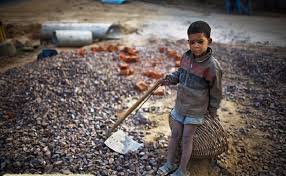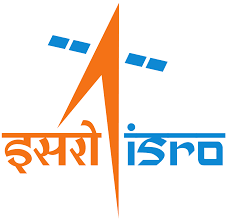Child labour is an evil offence where children are forced to work. I think it time to eliminate this from our society. For this, we need to create awareness among people and what changes have been recently imposed on child laws.
As per International Labour Organisation, child labour is defined as any work which “deprives children of their childhood, their potential and their dignity and that is harmful to physical and mental health.”
Such an evil force involves children being enslaved, forced to work at completely hazardous and unhygienic workplace or left alone on city streets. They are deprived of basic level of education and are forced to work. It may be a key result of poverty where families do not have sufficient funds to send their children to school. Or it may also be due to illiteracy and ignorance especially in rural economies where education is believed to be a waste of time and money and these innocent kids who had just begun to explore the world remain confined to their workplace and are forced to work at hazardous places.
Our Indian Constitution consists of certain guidelines which prohibits child labour and also provides for free and compulsory education for all children under the age group of 6-14 years. However, there has been a recent amendment proposed in these acts which has faced a mixed response from experts.
As per the proposed amendments, children below the age of 14 have been permitted to work in family enterprises or entertainment industries under certain conditions while completely banning employment elsewhere especially in hazardous places.
However, children in the 14-18 age groups will not be allowed to work in hazardous places.
Child activists opposed to these amendments by arguing that it promotes child labour, however this amendment is believed to be highly necessary so that children acquire the required traditional arts and skills at an early age like in weaving and stitching.
These changes work in coordination with the Right of Children to Free and Compulsory Education Act, 2009 which means that children below 14 years are permitted to work after their school hours or during vacations but not full time.
However, it was highly felt that the Child Labour (prohibition and regulation) Act (CLPR Act) 1986 Is not aligned to the RTE act as it permits employment of child below 14 years in occupations and processes not prohibited.
It was also felt that CLPR Act is not in conformity with the International Labour Organisation (ILO) Conventions 138 and 182 which provide for minimum age of entry into employment and prohibition of employment of persons below 18 years in work which is likely to harm health, safety and morals.
Only fate will tell how these amendments will affect the lives of children and the society as a whole.





19 Comments. Leave new
Good explanation. Nice article.
one of the evil thing left.. :/ … nice work by the way by putting light to it
Nice article.
Well explained article
Yes! But implementation of the law is another major concern..!!
nice job
Good explanation.. Very well described!
Well elaborated.
very informative and nice article
Current topic..and should come under picture..
nice work !
Well explained :):)..and yes nowadays it is a major concern
You described it well..!
A burning issue from centuries…. Still nothing done strongly about it. Feeling so sad :/
Need a change on many more issues….
Destroying humanity
you have touched the crux of social issues, commendable
liked it !
Well researched. Good work 🙂
nice
soo true about this! nice article